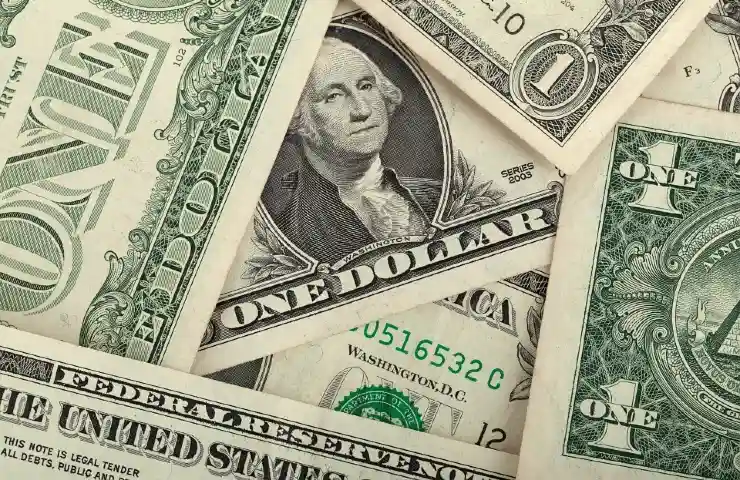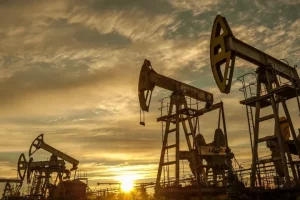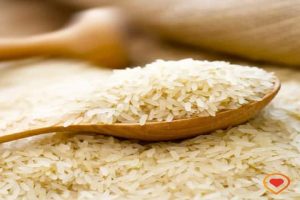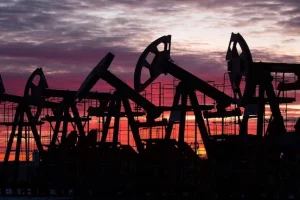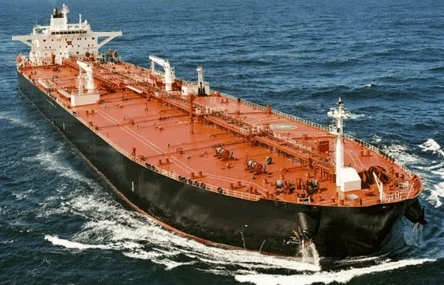Sri Lanka is once again looking at closing down the Sapugaskanda Oil Refinery as paucity of foreign exchange has prevented it from buying crude oil. The island nation had to close down the refinery temporarily for 50 days in November as its foreign exchange reserves had touched rock bottom–barely enough for essential food and medicine imports.
Significantly, the Sapugaskanda Oil Refinery is Sri Lanka's only refinery.
In its latest estimates, the Sri Lankan Energy Ministry said it might have to close down the refinery again in the first week of January 2022 as the country would run out of crude oil by then.
Sri Lankan trade Union leader, Ananda Palitha told media organisation News First that the only hope for Sri Lanka lies in India giving $500 million for procuring oil supplies. Palitha added that oil tankers have not come to the country in a long time due to shortage of foreign exchange reserves.
Experts say the country's foreign exchange reserves are hovering at one month import levels.
In mid-November, Colombo had approached New Delhi for a $500 million loan only to tide over its crude oil crisis. India's response to the loan is not known yet.
An International Monetary Fund (IMF) team also visited Colombo but Finance Minister Basil Rajapaksa said that Sri Lanka will not borrow from the IMF. The Sri Lankan cabinet had discussed seeking a bailout from the IMF but no final decision has been taken.
Currently the Indian Ocean island nation is in the grip of rising inflation and shortages of milk powder, wheat flour, sugar, cement and cooking gas.
Earlier this month, the government began offering incentives at Rs 8 for each dollar remitted by foreign workers through formal channels. The scheme is applicable throughout December but only if the money has been remitted through licenced banks and formal channels of foreign exchange. This is in addition to Rs 2 that Sri Lanka currently gives for remittances.
The country's foreign exchange crisis began with the Easter bombings which impacted tourist traffic. The crisis ballooned after the Covid-19 pandemic which impacted foreign remittances and totally shut out travelers. The depreciation of the rupee further made imports expensive.
Under legal pressure, Sri Lanka decides to pay $6.7 million to Qingdao for rejected fertiliser
Sri Lanka likely to seek $1.5 billion credit from India as Colombo rediscovers time-tested ally






